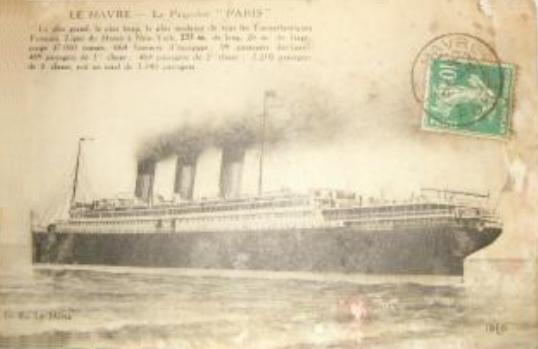From “We’re All in the Same Boat–Aren’t We?” an excellent Adam Curtis BBC piece outlining the hidden history of the cruise-ship industry:
“I want to tell the story of the rise of the modern cruise ship industry from its beginning in the 1960s – how it promised to make a world of aristocratic luxury available to everyone in the west, but also the hidden story of how that promise was achieved.
In many cruise ships there are hundreds of workers from some of the poorest countries on earth who are paid minute amounts of actual wages – sometimes less than two dollars a day – to attend to the passengers’ needs.
Many of the ships’ workers can only get a living wage on the whim of the thousands of passengers above them – on the tips they choose to give them. And in the strange fun-world of the superliners the waiters, the cabin staff, the cooks and everyone else who serves, live in a state of continual vulnerability – unprotected by most of the employment laws that apply on land. Meanwhile many of the companies that own the vast ships pay practically no tax at all.
But it wasn’t always supposed to be like that.
The biggest company in the cruising world is the Carnival Corporation, based in Miami (the Costa Concordia is owned by one of their subsidiaries). Carnival has its roots in a small company set up in the 1960s which had a utopian vision that cruise liners could transform the world. One of its founders believed that the giant ships were machines that could help bring about a new era of world peace.
The liners would, he was convinced, unite the rich westerners and the poor from the ‘third world’ by bringing tourists to new and remote destinations. This would foster a new enlightened understanding of each other that would bring about equality and justice throughout the world.
But it didn’t turn out like that. And this is the story of what happened – and how the very opposite resulted.” (Thanks Browser.)
Read also:
Tags: Adam Curtis

